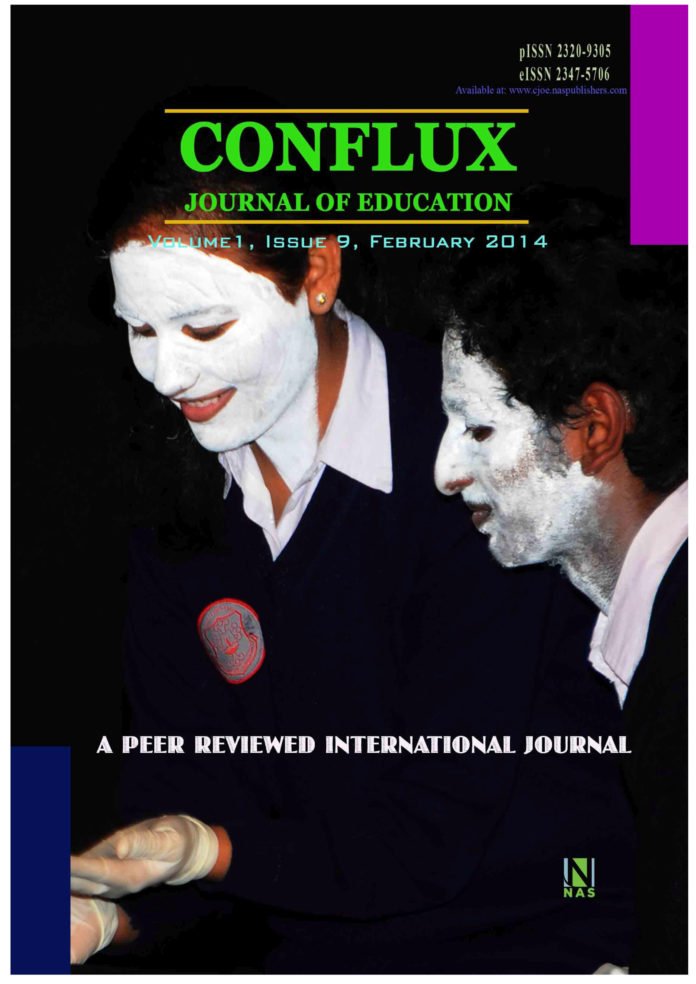EFFECT OF ICT TOOLS ON TEACHING OF ENGLISH
By Sangeeta Srivastava and and Indu Garg VOLUME:1 ISSUE:9 February 2014
Published in CONFLUX JOURNAL OF EDUCATION
Available on http://www.naspublishers.com/particle/search
Download The PDF : EFFECT OF ICT TOOLS ON TEACHING OF ENGLISH
Abstract
There is a wide gap between the knowledge and skills students are acquiring in majority of schools in our country and the knowledge and skills are needed to succeed in the increasingly global, technology infused environments in schools and workplace. As a first step toward bridging this gap, it is required that every student is computer and information technology (IT) literate by the time the student finishes the eighth grade, regardless of the student’s race, ethnicity, gender, family income, geographic location, or disability. This will help the students to brace themselves to meet the challenges of secondary education and a smooth transit to higher education. “While many different terms have been used to describe what students need, such as digital literacy, technological literacy and 21st century skills, education leaders, nationally and internationally, are beginning to come together around a new common definition of what students need to know is ‘Information and Communication Technology (ICT) Literacy’. This literacy reflects the need for students to develop learning skills that enable them to think critically, analyze information, communicate, collaborate, and problem-solve, and the essential role that technology plays in realizing these learning skills in today’s knowledge-based society.






